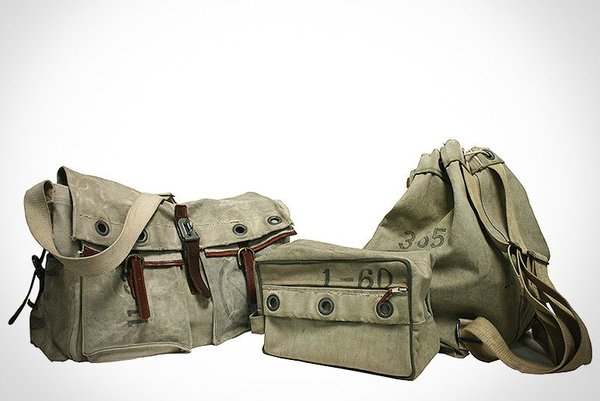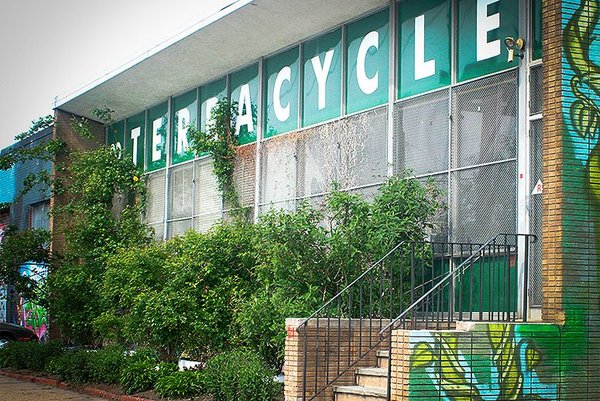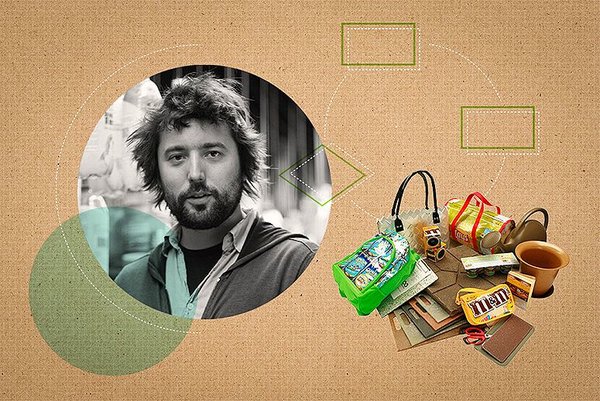TerraCycle built a company from trash.
“One man’s trash is another man’s treasure,” as the saying goes. For TerraCycle founder Tom Szaky, it was more than a saying—it was also his business plan. Founded in 2003, TerraCycle takes your garbage—everything and anything you could throw away or recycle—and transforms it into consumer products like cutting boards, reusable grocery bags, and even yard fencing.
Szaky first had the idea to transform trash into something useful during his freshman year at Princeton. He had been feeding organic waste to worms, packaging the resulting muck in discarded soda bottles and selling it as a fertilizer. As his sales grew, he saw an opportunity to turn his hobby into a business. Today TerraCycle has 150 employees in 21 countries and has recycled hundreds of tons of so-called non-recyclable items.
Like many ambitious entrepreneurs, Szaky set out to raise venture capital to fund his dream. Fearing that he might be perceived as too young, he made sure to enter every investor meeting brimming with confidence in his innovative business concept. “It meant handling situations by talking eloquently and with passion, ensuring people tuned in to the idea versus being distracted by the fact that I was half their age,” he says.
Szaky’s tactic worked. He raised $30 million from a group of socially conscious investors. They were most excited to fund TerraCycle because of Szaky’s visible passion for the business and because it strived to bring long-term, purposeful value to the world.

As TerraCycle took off, Szaky decided to leave school to focus on his company full-time, and growing it meant honing in on the logistical needs of collecting waste from multiple sources, such as homes, businesses, and city governments. Szaky developed a multistage operation to minimize the risks of collecting and transforming the trash into new consumer goods.
The first stage focused on collecting waste—such as cigarette ash, plastic bags, and chewed bubble gum—from other businesses. For this stage to run smoothly, TerraCycle turned to UPS, which helped the company safely collect and package the 10,000-plus parcels of trash it received each day. UPS also helped TerraCycle troubleshoot how to transfer problematic items like dirty diapers. “Without UPS’s help, we might not have been able to roll out the programs we have,” says Szaky. “They’re effectively our logistical backbone.”
TerraCycle initially focused on upcycling—creating innovative products from repurposed trash—but the waste kept piling up. “Upcycling couldn’t absorb all the volume,” Szaky says. “So we’ve moved more into recycling.” Once waste reaches TerraCycle, the second stage involves a team of scientists and designers determining the best way to reuse the materials.

TerraCycle saw this major increase in waste volume from partnerships with multinational corporations and large cities. “We’ve been able to convince major consumer products companies [P&G, Nestlé, Kraft, Unilever], major retailers [Staples, Kiehl’s], and cities—from New Orleans to Sydney—to let us recycle things that otherwise would have been landfilled.”
Reflecting on this tremendous growth over the past 12 years, Szaky says he finds the sheer waste TerraCycle recycles far more of a motivator than the revenue. The passion that he took into each investor pitch as a college student burns as strongly today—with the hope that he can achieve the company’s goal of eliminating the idea of waste.
This sponsored post is a collaboration between TakePart and UPS, who have teamed up to spotlight innovative entrepreneurs who are successfully adapting to the changing rules of a new economy. See more at TakePart Business.
Source: Take Part
